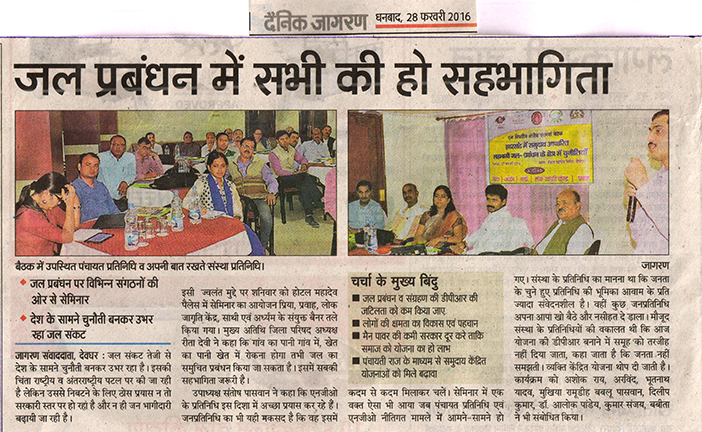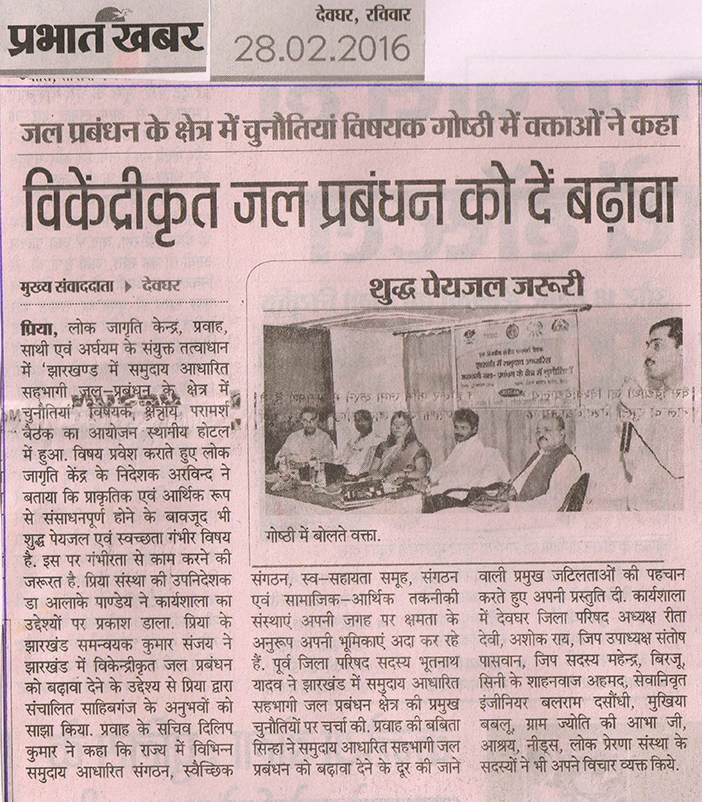| Date 23-Feb-2016 to 23-Feb-2016 |
Location Hazaribagh |
Format Local |
Communication gap between the panchayati raj institutions and the civil society organisation has been one of the important factors behind the poor growth of community based water management in Jharkhand. This was highlighted Priyanka Kumari, Member Zila Parishad (Hazaribagh). Priyanka Kumary who recently conferred the national award for her work on water conservation in Jharkhand shared that opportunities and platforms should be explored where the PRI members can sit with CSOs and can discuss about the development at the local level. She made these statements in the Regional Consultation on “Challenges in Community Based Water Manangement in Jharkhand” that was organised on 23 February, 2016 by PRIA in collaboration with Jan Sewa Parishad at Hazaribagh. In all 42 participants (5 women 39 men) from 7 districts of Uttari Chhota Nagpur division of Jharkhand attended this one day’s consultation, the first in this series. Two other consultations would be organised at Jamshedpur and Deoghar.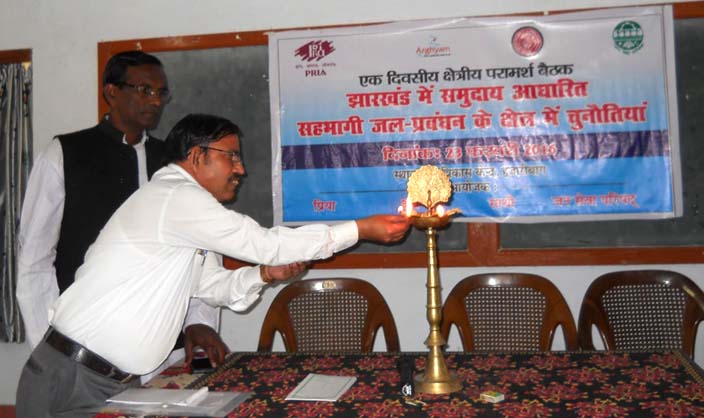
The consultation programme started with a warm welcome extended by Mr R K Anand of Jan Sewa Parishad and followed by lightening of lamp ceremony. Setting the tone of the programme Mr. Ram Lal Prasad, Secretary Jan Sewa Parishad shared that because of the politics and vested interests of certain groups the state has been facing water scarcity form the last three-four years. He said that this is the opportune time when various practitioners who are working on issues related to water, livelihood, health etc. can come together and make a concrete effort to develop a water policy in the state. Mr. Swapan Manna of Srijan Foundation opined that because of poor water management and use of dirty water the health problem, especially the issue of stunted growth among children is increasing in the state.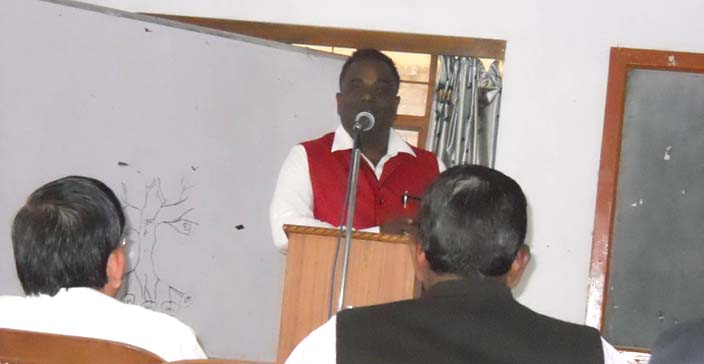
Sharing the experiences of community based water management in Sahibganj Kumar Sanjay of PRIA gave some good examples of community participation in drafting of water security plans. However, he shared that on the name of technicalities the people of Sahibganj have still not been able to get safe drinking water. All these raises a big question mark on ‘Yojana Banao Abhiyan’ being carried out by the state. Sharing the detail steps related to DPR Mr. Pranav Kumar of PRADAN observed that community people can develop a better DPR, in comparison to the Engineers as they have good knowledge and information about the local conditions. Mr. Adhin Mahato of SUPPORT opined that important components like environmental, legal, costs etc. should be taken care off, properly, while drafting a DPR.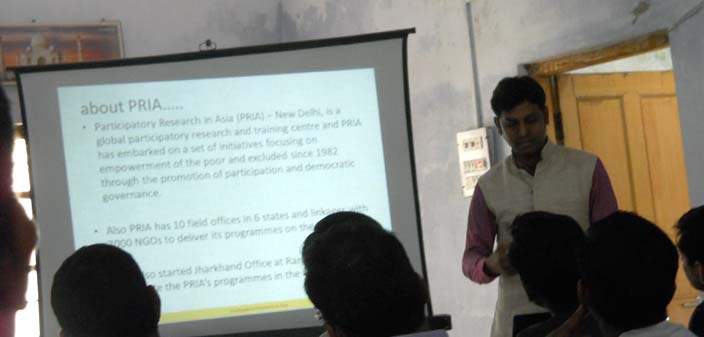
During the discussion four key aspects related to DPR were categorised:
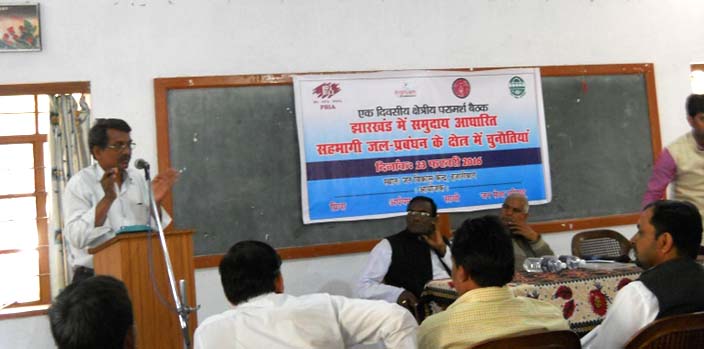
Some of the key recommendations those were given by the participants in last session of the programme could be seen as follows:
